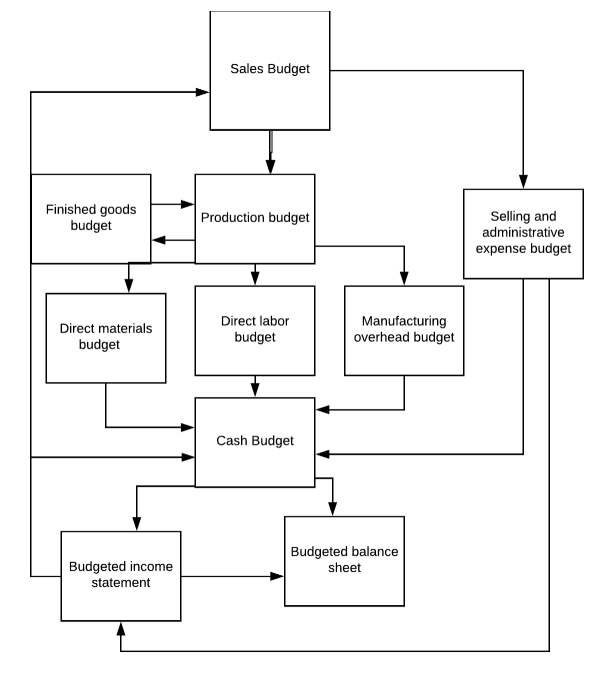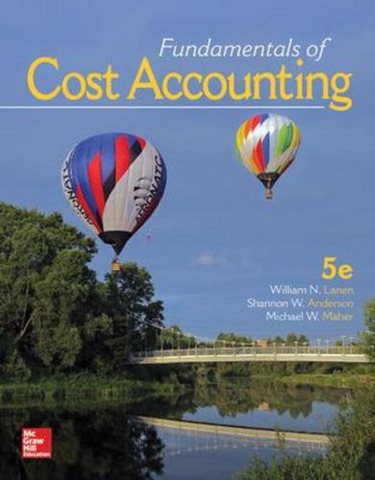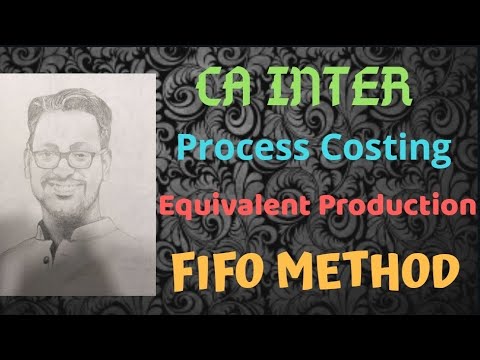It goes further to say past performance is irrelevant to what the future holds for the stock. Intrinsic value refers to an asset’s true, actual value, which is calculated using fundamental and technical analysis, whereas the market price is the currently listed price at which stock is bought and sold. When markets are efficient, the two values should be the same, but when they differ, it poses opportunities for investors to make an excess profit.
Impact of Technology on Market Efficiency
Berkshire Hathaway, the conglomerate that holds his investments, has earned an annual return of 20% over the past 52 years, often outperforming the S&P 500. For example, active managers of U.S. real estate funds outperformed passively managed vehicles 62.5% of the time, but the figure drops to 25% when fees are considered. Naysayers point to market bubbles, crashes, and persistent anomalies as evidence against strong market efficiency. An entire field of finance, behavioral economics, has developed to explore how market participants are inefficient.
EMH anomalies and rejection of the Capital Asset Pricing Model (CAPM)
For example, if sugar causes cavities, people who eat a lot of sweets are prone to cavities. And if the same applies here – if all information is reflected in a stock’s price, then its fair value should be the same as its market value and can not differ or be impacted by any other factors. Investors, including the likes of Warren Buffett,25 George Soros,2627 and researchers have disputed the efficient-market hypothesis both empirically and theoretically. These have been researched by psychologists such as Daniel Kahneman, Amos Tversky and Paul Slovic and economist Richard Thaler. On the other hand, looking at the 10-year period ending December 31, 2020 shows a different picture, since the percentage of active managers who outperformed comparable passive strategies dropped to 23%.
Market Inefficiencies
- It is the most appropriate form of the efficient market hypothesis, and factual evidence supports that most capital markets in developed countries are generally semi-strong efficient.
- Rebecca Baldridge, CFA, is an investment professional and financial writer with over 20 years’ experience in the financial services industry.
- This means that they will act in a way that maximizes their profits based on available information, and their collective actions will cause securities’ prices to adjust appropriately.
- It suggests that cognitive biases often lead to irrational decisions, resulting in mispriced securities.
Suppose that a piece of information about the value of a stock (say, about a future merger) is widely available to investors. If the price of the stock does not already reflect that information, then investors can trade on it, thereby moving the price until the information is no longer useful for trading. The explosive growth in assets under management in index and ETF funds suggests that there are many investors who do believe orscorp industries review in some form of the theory.
For instance, a proposed merger or dismal earnings announcement would be known by insiders but not the public. Therefore, this information is not correctly priced into the shares until it is made available. At that point, the stock may jump or slump, depending on the nature of the news, as investors and traders incorporate this new information. Due to the empirical presence of market anomalies and information asymmetries, many practitioners do not believe that the efficient markets hypothesis holds in reality, except, perhaps, in the weak form.
The efficient market hypothesis exists in degrees, but each degree argues that financial markets are already too efficient for investors to consistently beat them. The idea is that the volume of activity within markets is so high that the value of resulting prices are as fair as can be. The weak form of the theory is the most lenient and concedes that there are circumstance when fundamental analysis can help investors find value.
One of the most controversial topics in finance how to buy flow coin is the efficient-market hypothesis, developed by Eugene Fama in 1965. In a nutshell, the theory says that the financial markets are efficient, so no one can gain an edge in them. In EMH, it is assumed that investors collectively have a rational expectation about future market movements. This means that they will act in a way that maximizes their profits based on available information, and their collective actions will cause securities’ prices to adjust appropriately. The semi-strong form of EMH extends beyond historical prices and suggests that all publicly available information is instantly priced into the market.
Instead, they would maintain a passive investment portfolio by buying index funds that track the overall market performance. Note that this thought experiment does not necessarily imply that stock prices are unpredictable. For example, suppose that the piece of information in question says that a financial crisis is likely to come soon. Investors typically do not difference between a cryptocurrency broker and an exchange like to hold stocks during a financial crisis, and thus investors may sell stocks until the price drops enough so that the expected return compensates for this risk. Strong belief in the efficient market hypothesis calls into question the strategies pursued by active investors. If markets are truly efficient, investment companies are spending foolishly by richly compensating top fund managers.
However, factual research doesn’t support the possibility of a strong form of efficiency in any market. On the other hand, U.S. markets for large-cap or mid-cap stocks are heavily traded, and information is rapidly incorporated into stock prices. Efficiency is high and, as demonstrated by the Morningstar results, active managers have much less of an edge. Similarly, numerous studies have shown that stock prices tend to follow a random walk, supporting the weak form of EMH. For portfolio managers, EMH implies that active management strategies are unlikely to outperform passive strategies consistently.
Other areas where active management tends to outperform passive—before fees—include high yield bond funds at 59.5% and diversified emerging market funds at 58.3%. The addition of fees for portfolios that are actively managed tends to drag on their overall performance in most cases. The most important assumption underlying the efficient market hypothesis is that all information relevant to stock prices is freely available and shared with all market participants. At first, Wall Street ignored the idea of market efficiency because it contradicted the work of most analysts and brokers. But the evidence became too strong to ignore, and the efficient-market hypothesis is now generally accepted despite its weaknesses, including the inability at times to determine why the price of an asset has risen or fallen. Criticisms of the EMH often come from behavioral finance, which argues that cognitive biases can lead investors to make irrational decisions, resulting in mispriced securities.






